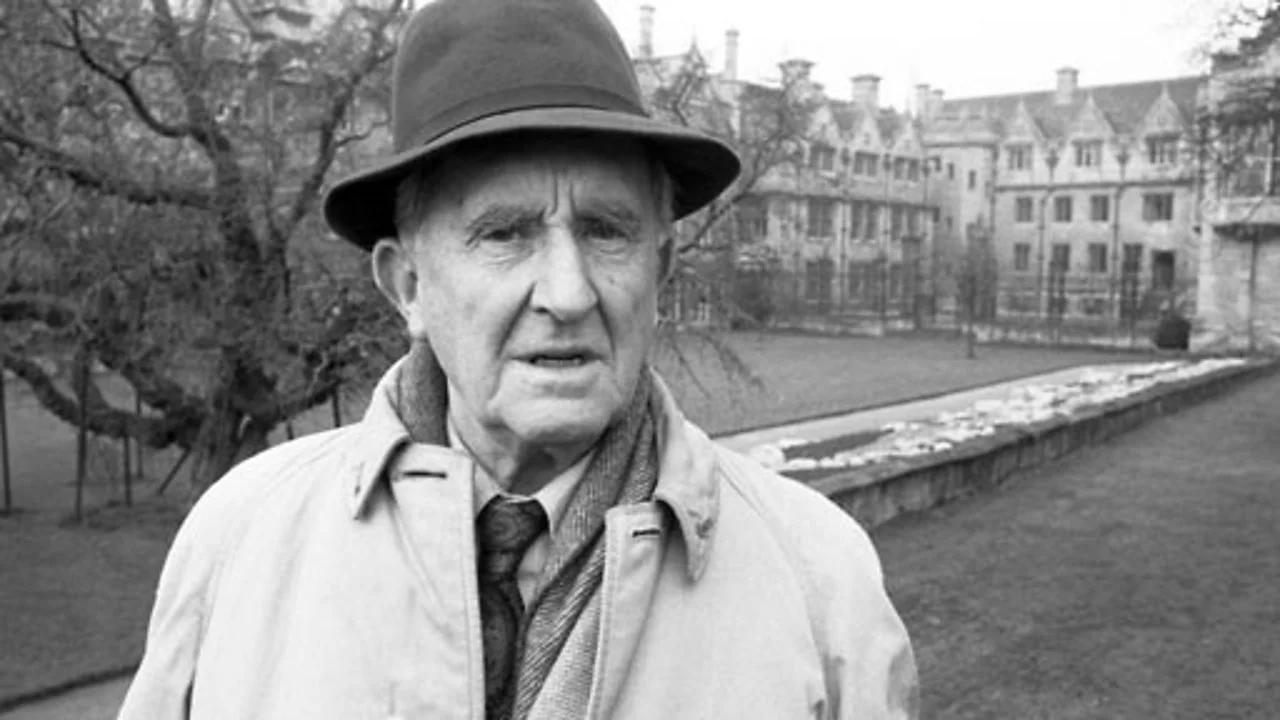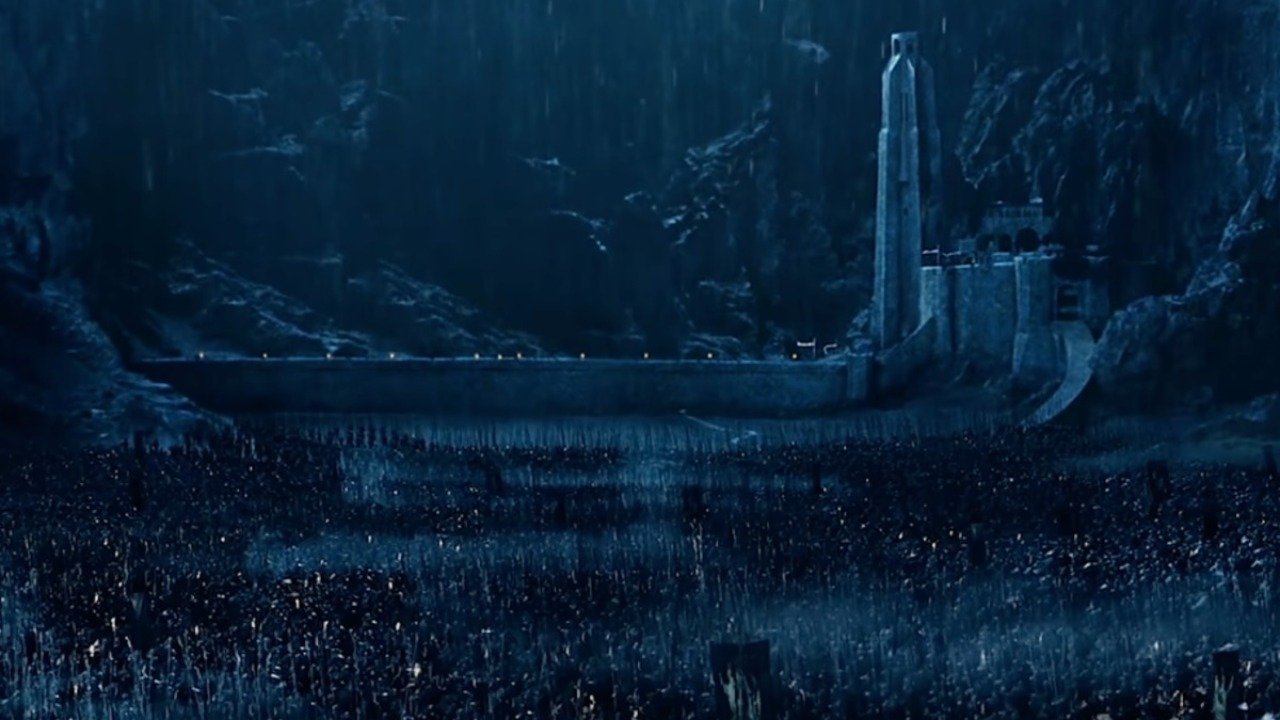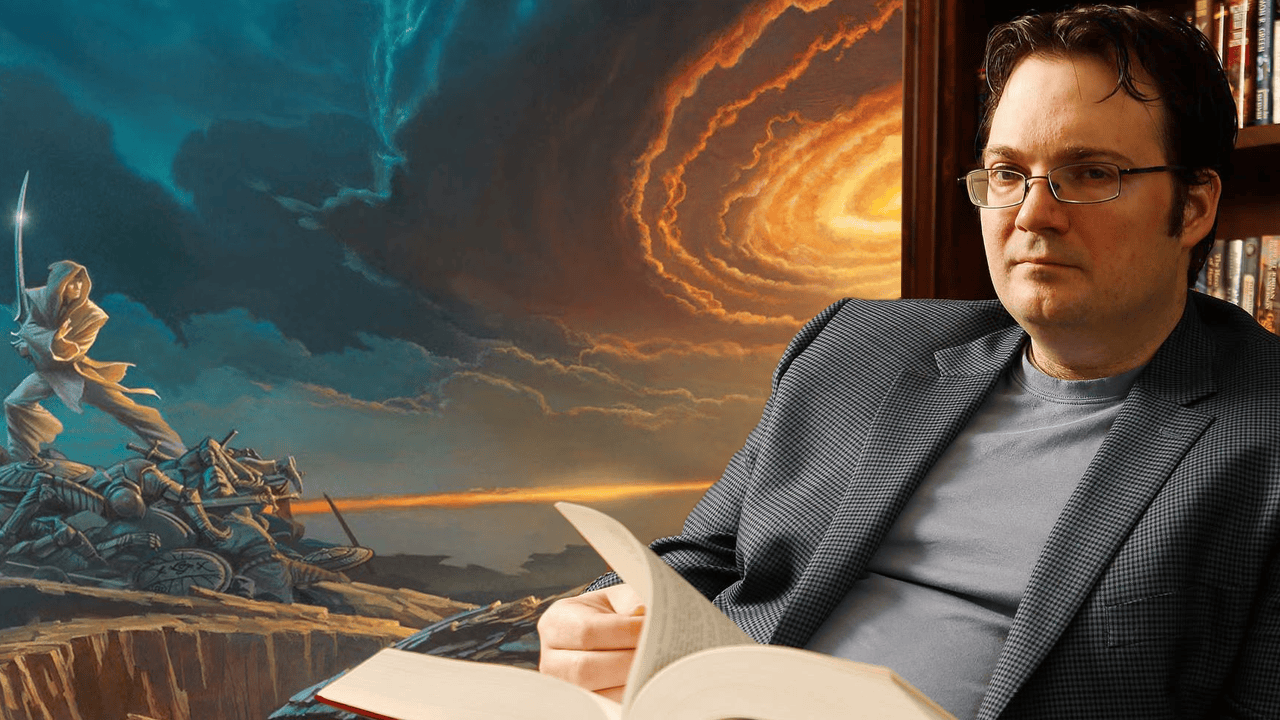Tolkien's Clapback To Nazi Germany
Image Source: BBC
J.R.R Tolkien famously sent a polite but savage correspondence to the Nazis in 1938. His letters were gathered and published in collected works like The Letters of J.R.R Tolkien. This is how we know about the infamous Letter #30.
A German publisher had made inquiries about distributing The Hobbit. By this time under the Third Reich, all literature sold had to be by “Aryan” authors, or the consequences could be dire. So they wrote to Tolkien to check his family history. This was the year that Germany annexed Austria and invaded Czechoslovakia, and Hitler was approaching the peak of his power. The United States looked the other way and Europe’s policy was one of appeasement. Tolkien clearly had less patience for the Nazis. Tolkien wrote not one, but two sardonic clapbacks and let his publisher pick one to send. Unfortunately, only one of his responses has survived. Despite the gentlemanly tone, disdain practically drips from the page.
Dear Sirs,
Thank you for your letter. I regret that I am not clear as to what you intend by arisch. I am not of Aryan extraction: that is Indo-Iranian; as far as I am aware none of my ancestors spoke Hindustani, Persian, Gypsy, or any related dialects. But if I am to understand that you are enquiring whether I am of Jewish origin, I can only reply that I regret that I appear to have no ancestors of that gifted people. My great-great-grandfather came to England in the eighteenth century from Germany: the main part of my descent is therefore purely English, and I am an English subject — which should be sufficient. I have been accustomed, nonetheless, to regard my German name with pride, and continued to do so throughout the period of the late regrettable war, in which I served in the English army. I cannot, however, forbear to comment that if impertinent and irrelevant inquiries of this sort are to become the rule in matters of literature, then the time is not far distant when a German name will no longer be a source of pride.
Your enquiry is doubtless made in order to comply with the laws of your own country, but that this should be held to apply to the subjects of another state would be improper, even if it had (as it has not) any bearing whatsoever on the merits of my work or its sustainability for publication, of which you appear to have satisfied yourselves without reference to my Abstammung.
I trust you will find this reply satisfactory, and
remain yours faithfully,
J. R. R. Tolkien
RELATED:
This letter needs to be put into historical context. There were no social pressures for Tolkien to speak out. In fact, King Edward VIII and Wallace Simpson had toured Nazi Germany the previous year, so the trend was for the upper classes to be sympathetic, despite the atrocities. In the 1930s, the antisemitic British Union of Fascists had over 50,000 members and was supported by The Daily Mail, one of the leading tabloids, in a heartless campaign to stop Jews fleeing Nazi Germany from coming to the United Kingdom. There would have been no backlash if Tolkien had published his book in Germany, or simply ignored the publisher.
But Tolkien was angry clearly enough about the request that The Hobbit was not translated into German until 1957. The last word of his letter is German for lineage. He talked about his family history as an immigrant, and how that does not make him any less English. It was one of the many, not-so-subtle digs at the Nazi regime in this letter.
There have been many back-and-forths on Twitter and Reddit, concerning the casting of POC Elves and Dwarves. What is clear from this letter is that Tolkien would not have minded in the least. Tolkien is very forthright in his writing that people should be judged by their work, not by their ethnic origin. Sophia Nomvete’s fantastic acting performance as Princess Disa speaks for itself.
READ NEXT:
Source(s): Writers Write, Wikipedia [1], [2], [3], [4]












